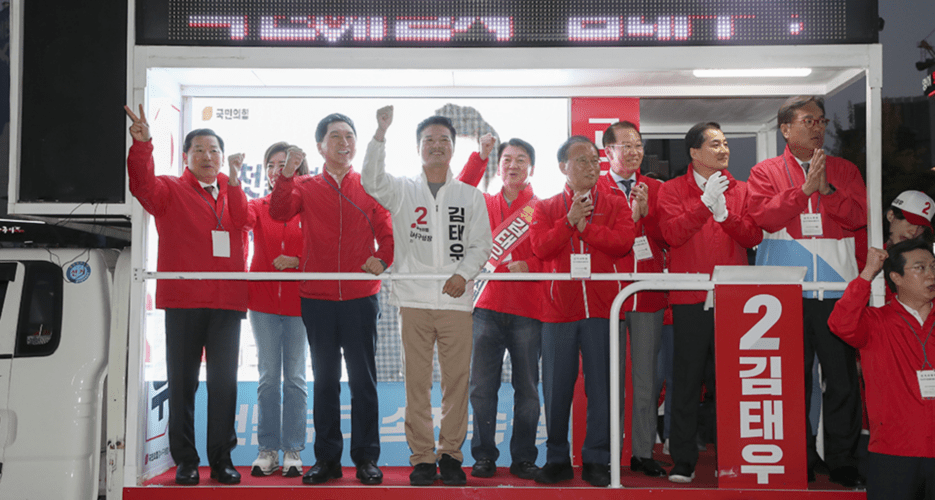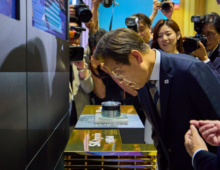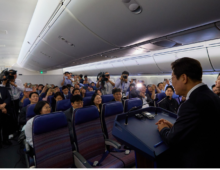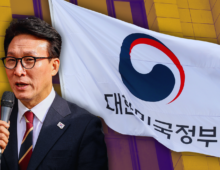As the two major parties face internal dissent and leadership crises, rifts signal a changing political landscape
As South Korea gears up for its parliamentary elections on April 10, the political scene is marked by an increase in new parties and ongoing debates about the electoral system, potentially impacting the country’s internal governance and its role in global affairs.
For instance, former ruling People Power Party (PPP) leader Lee Jun-seok and former main opposition Democratic Party (DP) lawmaker Yang Hyang-ja agreed to merge their respective parties. Then, in mid-January, a group of DP lawmakers and mayors defected from the party to join a new party that former DP leader Lee Nak-yon announced he would launch ahead of the general elections.
As South Korea gears up for its parliamentary elections on April 10, the political scene is marked by an increase in new parties and ongoing debates about the electoral system, potentially impacting the country’s internal governance and its role in global affairs.
For instance, former ruling People Power Party (PPP) leader Lee Jun-seok and former main opposition Democratic Party (DP) lawmaker Yang Hyang-ja agreed to merge their respective parties. Then, in mid-January, a group of DP lawmakers and mayors defected from the party to join a new party that former DP leader Lee Nak-yon announced he would launch ahead of the general elections.
Get your
KoreaPro
subscription today!
Unlock article access by becoming a KOREA PRO member today!
Unlock your access
to all our features.
Standard Annual plan includes:
-
Receive full archive access, full suite of newsletter products
-
Month in Review via email and the KOREA PRO website
-
Exclusive invites and priority access to member events
-
One year of access to NK News and NK News podcast
There are three plans available:
Lite, Standard and
Premium.
Explore which would be
the best one for you.
Explore membership options
© Korea Risk Group. All rights reserved.
No part of this content may be reproduced, distributed, or used for
commercial purposes without prior written permission from Korea Risk
Group.












